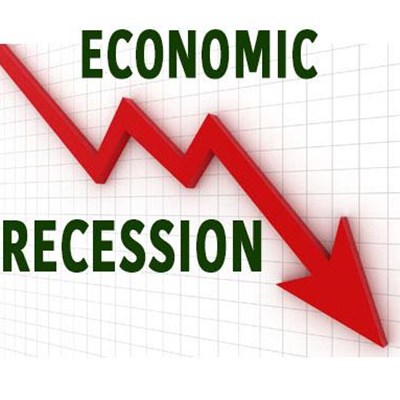Investing During a Recession
 In a Berkshire Hathaway shareholder meeting years ago, Warren Buffett noted that the market may go up, the market may go down, the economy may fluctuate, but there will always be intelligent things to do. That’s an incredibly empowering message.
In a Berkshire Hathaway shareholder meeting years ago, Warren Buffett noted that the market may go up, the market may go down, the economy may fluctuate, but there will always be intelligent things to do. That’s an incredibly empowering message.
He carried this message further in his 2008 letter to the shareholders of Berkshire Hathaway when he said, “In the 20th Century alone, we dealt with two great wars (one of which we initially appeared to be losing); a dozen or so panics and recessions; virulent inflation that led to a 21 1/2% prime rate in 1980; and a Great Depression of the 1930s, when unemployment ranged between 15% and 25% for many years. America has no shortage of challenges.
Without fail, however, we’ve overcome them. In the face of those obstacles – and many others – the real standard of living for Americans improved nearly seven-fold during the 1900s, while the Dow Jones Industrials rose from 66 to 11,497.”
It was in these challenging times that all of the great fortunes were made. As you’ve heard me quote in the past, research has indicated that only 10% of millionaires in this country inherited their wealth with the other 90% having earned it. These people didn’t sit and home and bemoan their misfortune because of a recession or depression hit.
Recessions Can Present Opportunity to Buy Assets Cheap
Opportunities are around all the time, if you are looking for them and welcome them when they present themselves. In fact, a recession can be the best possible time to begin investing because asset prices often fall hard, meaning you can pick up stocks, bonds, mutual funds, real estate, private businesses, and more for far less than you could just a few years prior. As other investors are forced to dump their assets, you can step in and pick them up for a fraction of their value!
This takes tremendous courage. The odds are good that you will not buy at the absolute bottom, meaning you’ll have to watch your portfolio fall further after you’ve made your investment. That is why experts recommend you only wade into the market through a dollar cost averaging plan instead of pouring all of your capital in at once.
If you’ve followed the steps we laid out in The Complete Portfolio, an outline of what a new investor should strive for when setting up their financial plan, these drops shouldn’t concern you because you won’t be forced to sell early.
If you are a small business owner, investing in a recession can make sense if you are disciplined enough to protect your cash and not stretch further than you can responsibly expand. That’s because you are free to take business from your competitors as they pull back their advertising spending or lay off staff. Many of the greatest retail fortunes in the United States, for instance, were made by entrepreneurs who expanded their storefronts during recessions despite not selling anything at the time.
It Really Doesn’t Matter If You Have a Plan
The bottom line is simple. If you have the basics in place, you’ve invested in health insurance, you practice dollar cost averaging, you reinvest your dividends, and you focus on reducing the 3 Types of Investment Risk, it is almost inconsequential if you begin investing in a recession or not. Given enough time, you should experience more than satisfactory results, allowing you to build your wealth and enjoy the life about which you’ve always dreamed.


No comments: